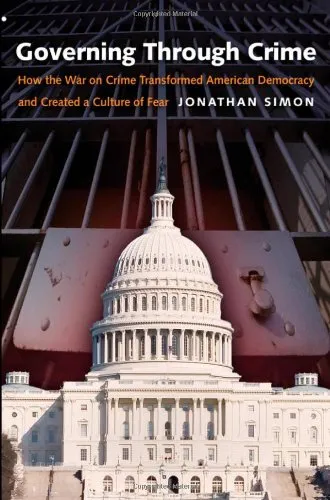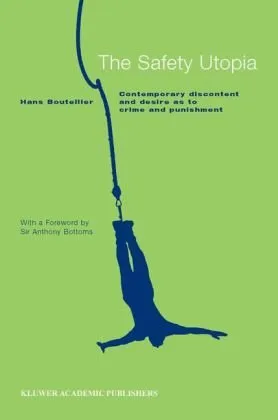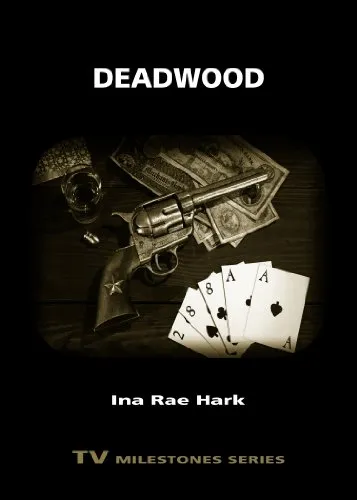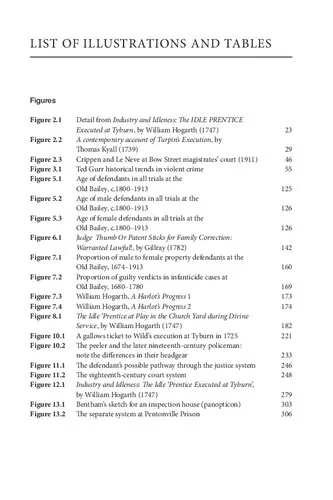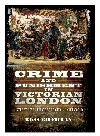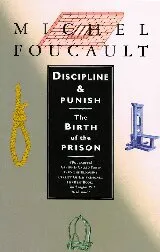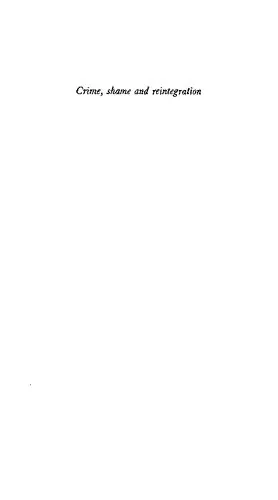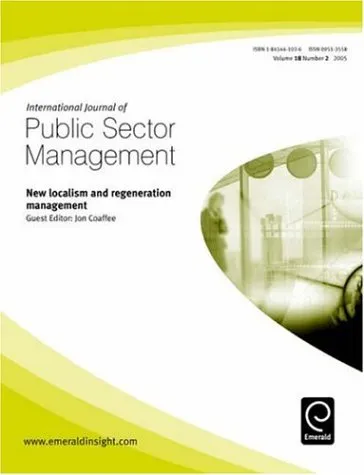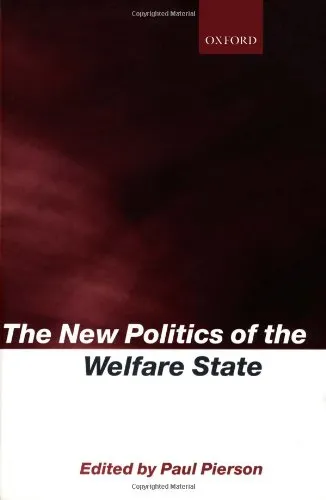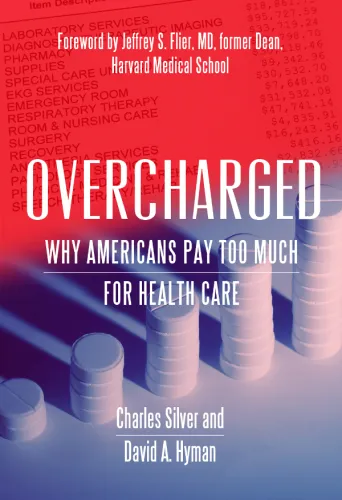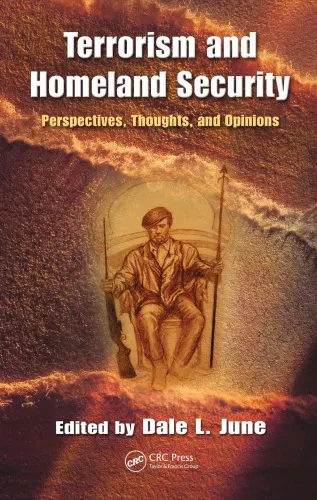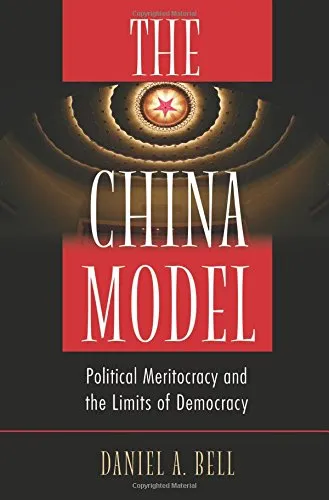Governing Through Crime: How the War on Crime Transformed American Democracy and Created a Culture of Fear
4.0
Reviews from our users

You Can Ask your questions from this book's AI after Login
Each download or ask from book AI costs 2 points. To earn more free points, please visit the Points Guide Page and complete some valuable actions.Related Refrences:
Introduction to 'Governing Through Crime'
In 'Governing Through Crime: How the War on Crime Transformed American Democracy and Created a Culture of Fear', Jonathan Simon explores the profound influence the 'War on Crime' has had on American society and its systems of governance. This book delves into how the pervasive focus on crime prevention and control has reshaped not just policies and politics, but also the very fabric of American democracy.
Detailed Summary
The book argues that the 'War on Crime', which gained momentum in the latter half of the 20th century, has steadily altered the mechanisms of government and the daily life of citizens in the United States. Central to Simon's thesis is the concept that crime control has become a dominant framework for governance, influencing areas far beyond the criminal justice system. The government started governing through crime, where issues such as education, health, and social welfare are approached primarily through the lens of crime and public safety.
Simon breaks down the construction of a 'culture of fear', orchestrated by political leaders who utilized crime as a key issue to mobilize support and galvanize policy reforms. This shift has led to the erosion of civil liberties, a surge in incarceration rates, and the entrenchment of surveillance and security measures in everyday life. Through detailed case studies and a historical overview, the book illuminates how crime became a dominant narrative shaping public policy and individual behaviors.
Key Takeaways
The key takeaways from 'Governing Through Crime' include:
- The transformation of crime from a social issue to a central theme in American governance.
- A critical examination of the consequences of a crime-focused society on democracy and civil liberty.
- The rise of penal populism and its effects on policy-making and political strategy.
- An analysis of how fear has been used to justify increased governmental control and surveillance.
- Insight into the racial and socio-economic factors that have been exacerbated by crime-centric policies.
Famous Quotes
"The war on crime has created a new relationship between citizens and the state, characterized by heightened suspicion and surveillance."
"Fear of crime has been strategically amplified, shaping our perceptions and decisions in ways that bolster state authority."
Why This Book Matters
This book is a critical resource for understanding the intersection of crime policy and democratic governance. It offers a robust critique of how crime management has become integral to political leadership and decision-making processes. By highlighting the implications of governing through crime, Simon shed light on broader discussions about the future of democracy and civil society in America.
Furthermore, as societies globally grapple with questions about security, liberty, and agency, 'Governing Through Crime' remains ever-relevant. It serves as a cautionary tale about the risks of allowing fear to drive policy and societal change. Jonathan Simon's analytical prowess provides readers with the tools to critically assess current and future policies under the lens of his findings.
In the current era, where issues of security and rights are continually debated, this book helps readers understand the foundational shifts and the potential implications of continuing to prioritize crime control over democratic ideals.
Free Direct Download
You Can Download this book after Login
Accessing books through legal platforms and public libraries not only supports the rights of authors and publishers but also contributes to the sustainability of reading culture. Before downloading, please take a moment to consider these options.
Find this book on other platforms:
WorldCat helps you find books in libraries worldwide.
See ratings, reviews, and discussions on Goodreads.
Find and buy rare or used books on AbeBooks.
1321
بازدید4.0
امتیاز0
نظر98%
رضایتReviews:
4.0
Based on 0 users review
Questions & Answers
Ask questions about this book or help others by answering
No questions yet. Be the first to ask!
